This year has been one of growth and development for the partnership as we continue our mission of providing swimmable, fishable waters and enhancing the health and productivity of native oysters in a way that best meets the needs of the surrounding communities.
1 All-Partner Meeting with 60+ attendees in June
3 newsletters, 6 blog posts, and 300+ subscribers
9 jurisdictions, 95 agricultural landowners, and 3 disenfranchised communities engaged
1 new Advancing Large-Scale Restoration workgroup launched
3 new part-time positions to increase partnership coordination
Initiated update of the Common Agenda to incorporate climate resilience
Workgroup Accomplishments
Working with Local Governments
Proposed best management practices (BMPs) at Denton Elementary School in Caroline County.
Brought on a Technical Assistance Circuit Rider, provided by the Center for Watershed Protection, to identify and assess potential restoration projects, provide grant-writing and management support, and advance project implementation.
9 engaged jurisdictions
3 grant applications for stormwater improvement projects
2 additional stream and flood remediation projects advanced
Engaging Disenfranchised Communities
In Caroline County, residents participate in a community clean-up with Envision the Choptank partners. (Photo courtesy of Leslie Grunden)
Engaged 3 communities in identifying natural resource-related concerns and developing community-based restoration plans to implement green infrastructure solutions.
14 site assessments for individual properties
7 community meetings across 3 localities
1 roadside drainage survey by MD DNR
1 introductory grant workshop with a community-based organization
Developed a Community Ambassador Fund to provide honorariums to engaged community leaders
Formed a subcommittee to develop a leadership program for residents to become civically engaged on climate change & natural resource issues
Agricultural BMPs: Breaking Barriers
Partnering with Envision the Choptank, ShoreRivers led the planting of 2 acres with about 450 trees in March 2022. (Photos courtesy of Whitley Gray)
Continued the Agricultural Landowner Assistance Coordinator (LAC) positions to connect with hard-to-reach landowners and farmers and advance BMP implementation.
12,400 trees
187 acres of tree plantings or buffers, grass buffers, and wetland restoration practices
95 landowners engaged by LACs
Formed a subcommittee with members of the Engaging Disenfranchised Communities workgroup to develop an outreach strategy for agricultural landowners & farmers of color




